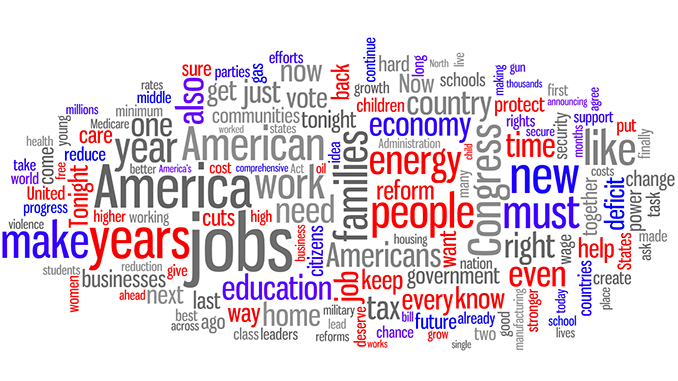
For all of the condemnation of nationalism which occurs, it should be an easily defined and terribly offensive term. It is not. For many who use the term, nationalism simply means the dark side of patriotism. It is everything bad, while patriotism is everything good. This is simplistic, and it undermines any ability to sway others who do not already share a negative view of nationalism.
The dictionary definitions:
NATIONALISM : loyalty and devotion to a nation especially : a sense of national consciousness (see consciousness sense 1c) exalting one nation above all others and placing primary emphasis on promotion of its culture and interests as opposed to those of other nations or supranational groups
Merriam-Webster
and
PATRIOTISM: : love for or devotion to one’s country
Merriam-Webster
Let’s be honest, on the surface there’s not much difference between the two. If you remove the option of “love for” from Patriotism – an option, due to the word “or” – they are almost identical. “Loyalty and devotion to a nation” and “devotion to one’s country.” Moreover, loyalty is generally considered a positive trait.
Loyalty, however, is only a positive trait when it is earned. Unconditional loyalty has no expectation of merit.
We have seen examples of unearned loyalty. The parent who insists that the child caught murdering others on video must be innocent because “my child wouldn’t do that” is among the most famous examples. They defy reason purely for the sake of their emotional bond – not the bond to their child, but their bond to their self-image. They couldn’t have raised a murderer; to do so would mean that their years of child-rearing were a failure. Rather than accept the negative, they deny it, supplanting reason with loyalty.
As an outgrowth of that unconditional loyalty, nationalism is traditionally anti-American for a simple reason: nationalism holds within it an expectation of suppression of the individual in favor of the group. People tie their identities to the nation and act to promote it. When that happens, any criticism of the nation becomes a criticism of themselves.
This effect is best seen when dealing with smaller, self-defined nations. The easiest example lies in sports fandom. An appreciation for the players and teams who entertain us is reasonable. Once an unconditional loyalty and a self-identification insinuate themselves into that appreciation, however, derangement begins.
On the lowest of levels, it is completely harmless: friendly barbs tossed back and forth between fans of different teams, although the only reason for such insults are the personal histories each person has supporting their respective teams. Certainly none of the team owners nor the players have any idea about specific statements made between associates, nor would they care. They are happy if someone appreciates them enough to purchase a jersey with their name or logo on it, but there is no expectation of personal association there.
As loyalty increases, other effects are seen, from people who paint their cars or homes in team colors to those who will commit assaults on those who might dare to attend a home game in opposing colors. The exclusion of others and their devotion to their chosen team have become obsessive or even dangerous views.
It is no different with the country as a whole, and the effect is particularly difficult to combat because it ties with two traits which are generally seen as positive: the tendency of people to socialize, and loyalty to a group.
Most young children socialize freely; curious for experience and associating with others who share their traits, they eagerly join together to play. Socialization is important, but we are all taught through experience that there are people to avoid. Children socialize; adults socialize with discernment.
Loyalty is an important trait, one which we strive to teach to children. We do not teach degrees of loyalty or the situations in which loyalty must be superseded by reason, but those are expected to be learned as one ages.
The root of nationalism against patriotism, then, goes to maturity and experience. Nationalism is simplistic; patriotism is not. Patriotism demands of its practitioners a level of adult thought and behavior.
On this Presidents Day, it is worth remembering that George Washington willingly ceded power to his successor, providing an example not just for leaders but for people throughout the world. This happened because we were respected as a nation of equals; not equal in accomplishment and skills, but as adults with individual value. We need to remain worthy of that respect.

1 Trackback / Pingback
Comments are closed.